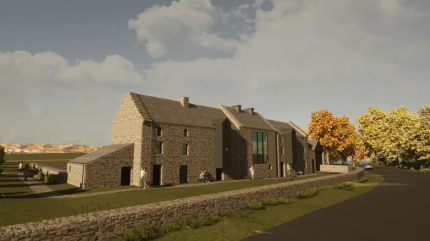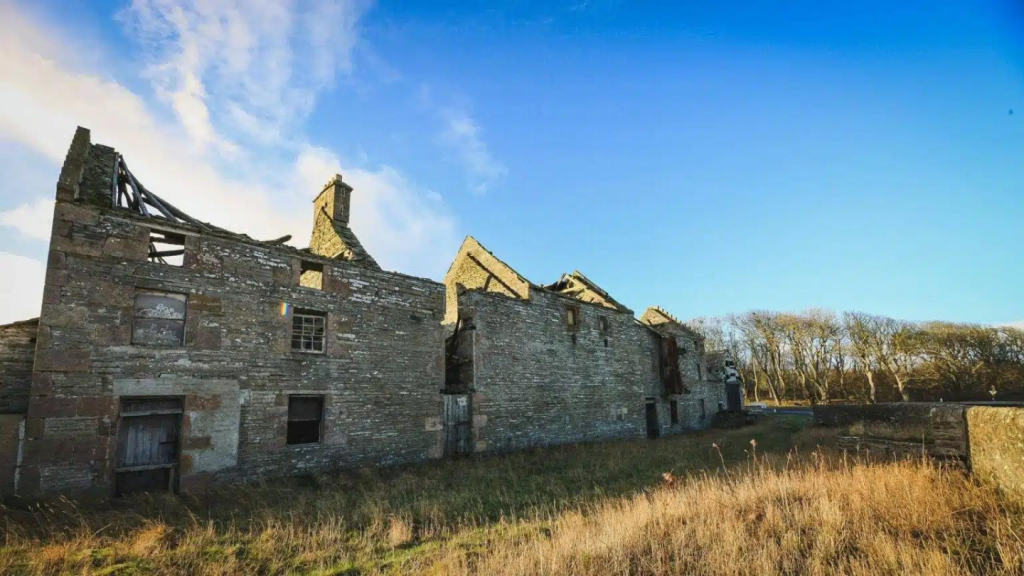
UK spirits group Dunnet Bay Distillers is mulling a funding round to build its second distillery in a historic but recently dilapidated 200-year-old grain mill.
The company’s proposed new Scotch whisky facility reuses the stone walls that remain of Castletown Mill, a water-powered grain mill built in Scotland in the 19th century.
The project is expected to cost £5.9m ($7.8m). Dunnet Bay Distillers has received a grant from Historic Environment Scotland to repair the building. It has also taken out a £2m loan from HSBC UK.
Co-founder Martin Murray told Just Drinks the company would also be looking to conduct a funding round for the project.
“We are looking to do one more raise of funding, and we’re just debating that mechanism at the moment whether though casks sales or credit funding or private investment,” Murray said.
“We’re not under pressure at the moment. So the way I view it is, the more work we do on the facility the closer we get to finalise the more valuable its and less risky.”

US Tariffs are shifting - will you react or anticipate?
Don’t let policy changes catch you off guard. Stay proactive with real-time data and expert analysis.
By GlobalDataThe site will be 300,000 square feet and host a hospitality centre as well as warehousing. It will have a capacity of 250,000 litres annually.
Dunnet Bay Distillers was founded in 2014 by married team Martin and Claire Murray in northern Scotland.
The company already operates a distillery nearby in Dunnet that produces brands including Rock Rose gin and Mapmaker’s Coastal Spiced rum. The site in Dunnet Bay produces 100,000 litres per year, as well as hosting a tasting room and retail unit.
The company exports to 20 international markets, with the US its largest export market. The distiller has also just received its first order from China.
Murray stated that the company wants to hit that increased quarter million capacity in the next five years.
To reach that level, Dunnet Bay Distillers is aiming to grow its distribution network and partners over the next five years.
“One thing we do have right now, because we set this business up 10 years ago, we export to over 20 markets. We have customers there. It’s easier to plug in a new product than to find a new distributor,” Murray said.
“So for us, we spent time building up the distribution network and we will continue to do that because, you know, we’ve probably got a year left before we can start up.”
Dunnet Bay Distillers is targeting £2.5m in annual sales within the next two years.

The project is in the early stages and Murray expects work in full can start at the site in the coming weeks. He expects the whisky distillery to be operational by the next summer.
The Dunnet Bay Distillers co-founder, a former executive in the oil and gas industry, said that the local focus of the brand and its infrastructure is important to him.
“It’s a fragile rural economy, so we’ve got the classic young people running away to bright lights. Our population here is declining but it’s also ageing. Opportunities for young people are just not there and it’s really sad because a lot of young people don’t want to move away but there’s no jobs,” Murray said.
“At the start, it was a truly selfish reason I wanted to do the business here and that was so I could quit oil and gas and move home. Now, I have gotten older and see a different view of things and I want to create jobs and opportunities for people.”


